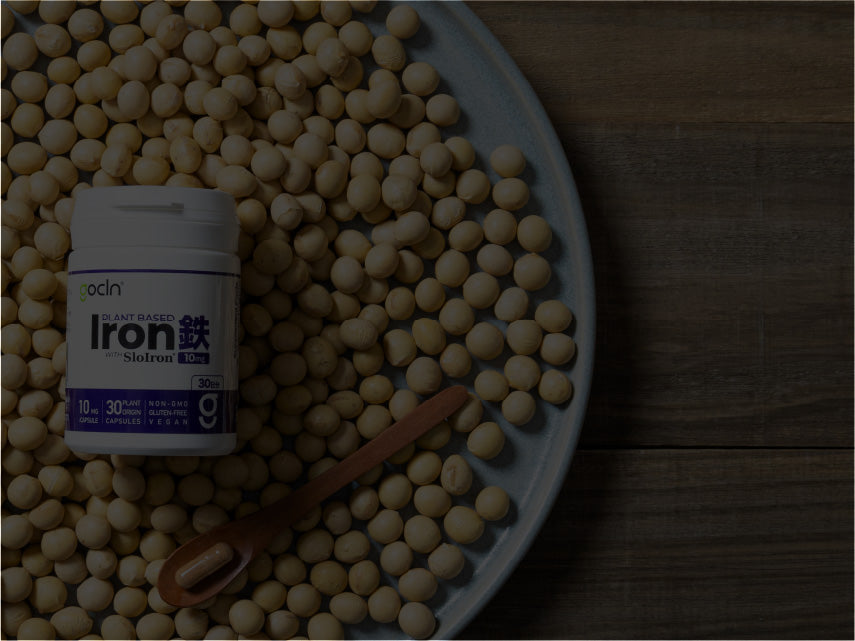Miscellaneous notes about coffee
I think there is little disagreement that the world of coffee is so vast and deep that it cannot be easily described.
Even if you focus only on deliciousness, the judgment will differ greatly depending on the person's experience and way of thinking. In general, the areas of origin, varieties, blends, degree of roasting, grinding method, extraction method, and compatibility with milk are often discussed.
I personally really enjoyed reading the book `` Coffee-obsessed Men '' last year. Of course, there are always differences between people in terms of taste evaluation, and it seems difficult to decide whether you think the world is interesting or maniacal. Regarding taste, I think you would have a similar experience when looking at restaurants' online ratings.
A few years ago, I heard a story about an old man at a roastery in Sapporo (who has unfortunately passed away), and how drinking his coffee dramatically changed the world of coffee, which also led to my previous book. I remember that very well. Also, a manga called `` I Can't Drink Coffee '' was once placed at a nearby roastery (which has also closed down). I watched it part way through while waiting for it to be roasted, and I think that if you focus on the flavor to the fullest, you'll end up with more and more things that you can't drink or enjoy.
On the other hand, for example, Turkish coffee or Vietnamese coffee that you encounter while traveling offers a different kind of pleasure from the world of tastes like this. In some countries, where it is difficult to encounter coffee, 3-in-1 (instant beverages that combine coffee, milk, and sugar) are greatly appreciated. Last summer, the Indonesian Luwak coffee that I was given at work as a souvenir from a trip was a more unique and luxurious product. These may expand your range in terms of taste and culture.
Last year, I bought coffee beans as a souvenir from a small cafe in front of a local tourist spot in northern Thailand. As I was looking over the counter at the bags on the shelf on the back wall, he eagerly explained to me. This is local coffee grown in this area and roasted here, making it fair trade and above all organic.As the area was rural as far as the eye could see, the concept and awareness of organic had become more widespread than I expected. There was something that made me feel that way.
I think one of the most well-known and important points in the custom is that drinking coffee mainly gives you energy through the intake of caffeine. However, there may be situations in which it is better to avoid it depending on your constitution and physical condition. Therefore, the world of coffee called decaf or decaffeinated has a strong presence.
Depending on the scene, being able to enjoy the game easily and conveniently is also an important factor. It used to be said that Robusta coffee beans were often used for instant coffee due to price considerations, but the situation seems to have changed a bit recently. Now that I think about it, I remembered something an old man from Sapporo said - Robusta can be quite delicious depending on how you drink it. The Robusta variety, which is resistant to pests and diseases, is suitable for organic cultivation, and may contain useful ingredients with unknown characteristics.
Although we are considering various other perspectives, Fuji Organics' main approach for now is to effectively utilize coffee as an ingredient.


The raw materials used are organic instant coffee with a low caffeine content, which is hand-loaded with ripe Arabica beans grown organically in Colombia and finished using a freeze-drying method that concentrates the aroma.





